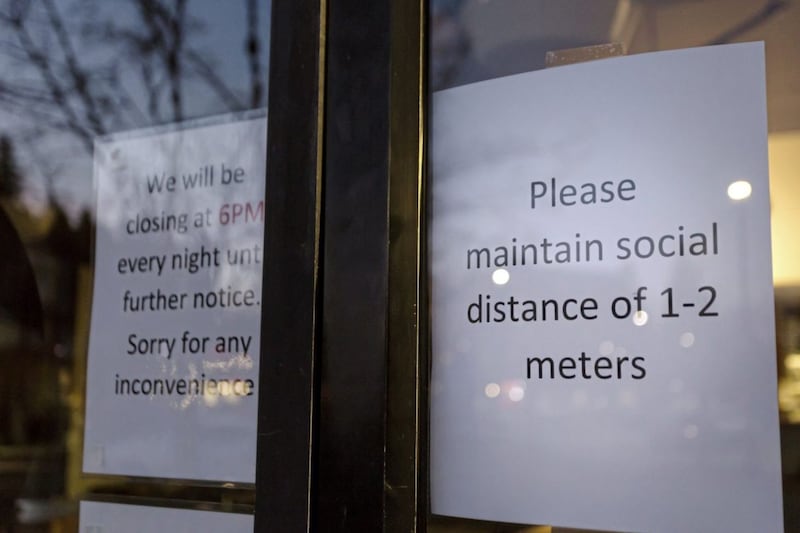IF you’re celebrating Christmas this year with your children or grandchildren there’s a fair chance that you’ll either stand on a wayward piece of Lego or that you’ll spend part of the holiday on your knees looking for that small yet vital piece which has disappeared behind the sofa.
Lego is ubiquitous, which is hardly surprising given that over 400 billion blocks have been sold in the past 70 years. Not many, however, know that Lego was the creation of a carpenter, nor that there was a calamitous fire in 1960 which destroyed the company’s wooden toy warehouse, forcing it to focus its efforts on its new plastic range. The rest, as they say, is history.
In Lego’s instance fire allowed the company to rise phoenix-like from the ashes and helped put it on course for global domination. It’s a story, however, which is rare. Certainly, there aren’t many SMEs which I’m aware of which have benefited from such destruction.
I’ve no idea what Lego’s insurance arrangements were in 1960, but I like to think that such a successful company already had a healthy attitude towards managing risk and ensuring that it was properly covered for all eventualities.
Unfortunately, a significant proportion of SMEs are unprepared for the unexpected. Surveys suggest that at least 20 per cent don’t have the right level of cover and that on average they are underinsured to the sum of almost £500,000.
Underinsurance is a major problem because of the way insurance companies calculate loss. For instance, if your business assets are worth £100,000, but your insurance level is only £50,000, your insurer will only pay out 50 per cent of the claim. For a £30,000 claim, therefore, the maximum pay out would be just £15,000 – even less once the excess is taken into account.
The problem is accentuated for many firms in the run-up to Christmas as inventory levels climb to a peak in anticipation of the annual consumer blowout. Avoiding underinsurance is the first step in providing adequate cover, but now is also an opportune time to confirm that policies provide enhanced cover known as a seasonal increase. This will automatically provide a percentage increase on the set sum insured. Many, but not all policies provide this as standard, so it pays to ensure that you’re not in the minority.
Christmas may also mean more cash on your premises, even in this contactless era. Your policy will provide money cover, but, again, at what level? It may be that an increase is required or that you need to consider banking cash more frequently.
With a sharp contraction in Northern Ireland’s High Street branch network, however, this can be inconvenient and not without its own risks. When was the last time you read the small print of your money carrying warranties? There may be a requirement for at least two people to lodge the money together which could be unpractical.
Nor is underinsurance just a stock problem – it can also apply to fittings and improvements you’ve made to a rented unit. It sounds complex, but with the advice of your broker it shouldn’t be. A short phone call and some proper professional advice should ensure that the ‘Underinsurance Grinch’ won’t ruin your Christmas.
::Diane Johnston is head of SME at Autoline Insurance Group (www.autoline.co.uk/business)








